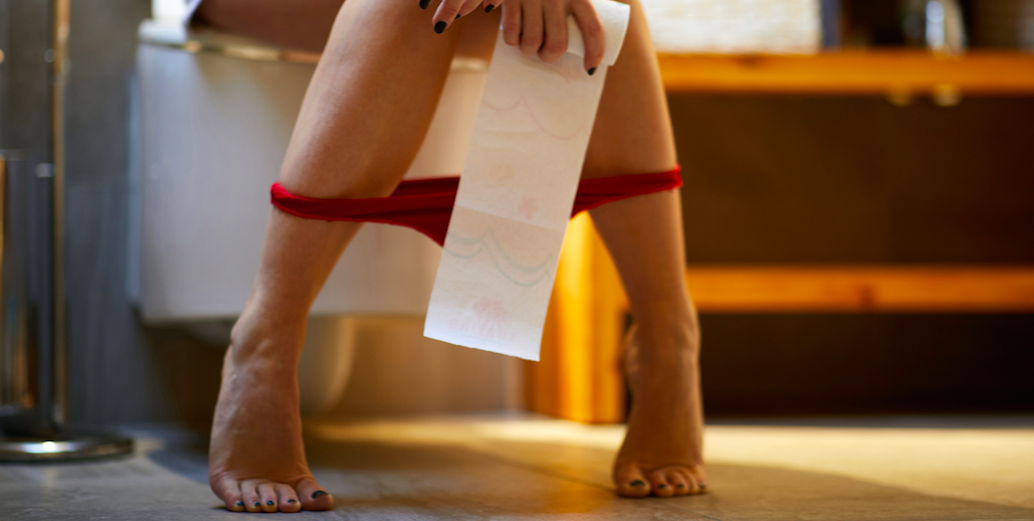Why do we get more Urinary Tract Infections in winter?

Most of us will have had a UTI (aka Urinary Tract Infection) at some point in our lives – and, if you haven't, then count yourself seriously lucky. But, while there's plenty of home remedies that claim to help get rid of them, like chugging cranberry juice, I think we can all agree that we'd much rather not have them in the first place. What a dream world that'd be, eh?
Unfortunately however, you may have noticed that you get more UTIs over the cold winter months than at other times of the year, like summer or spring. Begging the question: Why do we get UTIs more often in winter?
The answer the that question is pretty scientific, and according to some studies, it's all to do with our body's coping mechanism against the cold weather. Essentially, to preserve what heat we do have, our body goes into "cold diuresis" which constricts blood vessels to reduce blood flow to the skin and keep the warmth around your internal organs.
This in turn increases our blood pressure – and, because our kidneys are responsible for filtering waste out of the blood, they end up creating more urine as there is more blood pumping through the body. The problem is, if you're not drinking enough during winter, your kidneys wont have enough fluids to filter waste, and any waste that stays too long in your urinary system can result in a, you guessed it, UTI.

"Dehydration increases your risk of developing a UTI," explains Dr Elizabeth Rogers, Associate Clinical Director at Bupa Health Clinics. "Not drinking enough fluids during winter months may mean you don’t need to pee much, so urine sits in your bladder for longer and bacteria grow there."
Scientific stuff aside, Dr Rogers points out that there's another reason you might find yourself suffering with more UTIs over the winter period. "Winter is often a time for big celebrations too and drinking too much alcohol in a short amount of time increases your risk of dehydration," she points out. "This can lead to an infection."
So, what are the signs and symptoms to look out for if you think you might be dealing with the dreaded UTI? "You don’t always get symptoms with UTIs," the expert adds, but "if you do develop symptoms, it will depend on the type of UTI you have."
"Generally-speaking, you may experience a strong, persistent urge to urinate, a burning sensation when urinating and your pee may appear cloudy," Dr Rogers continues. "You might also suffer from pain in your lower tummy, tiredness or feel generally unwell."
As for how you can help prevent developing a UTI, Dr Rogers reminds us that keeping yourself hydrated, practicing good hygiene (like wiping front-to-back and peeing after sex) and avoiding perfumed soaps can all go a long way. If you do happen to get one though, the GP says it's important to "speak to your doctor if you’re worried you have a UTI, or if you have any symptoms, for example pain when passing urine."
"Antibiotics will get rid of the infection and help you to feel better," she adds, before pointing out that you must finish the full course of medication to prevent the infection returning right away.
You Might Also Like


